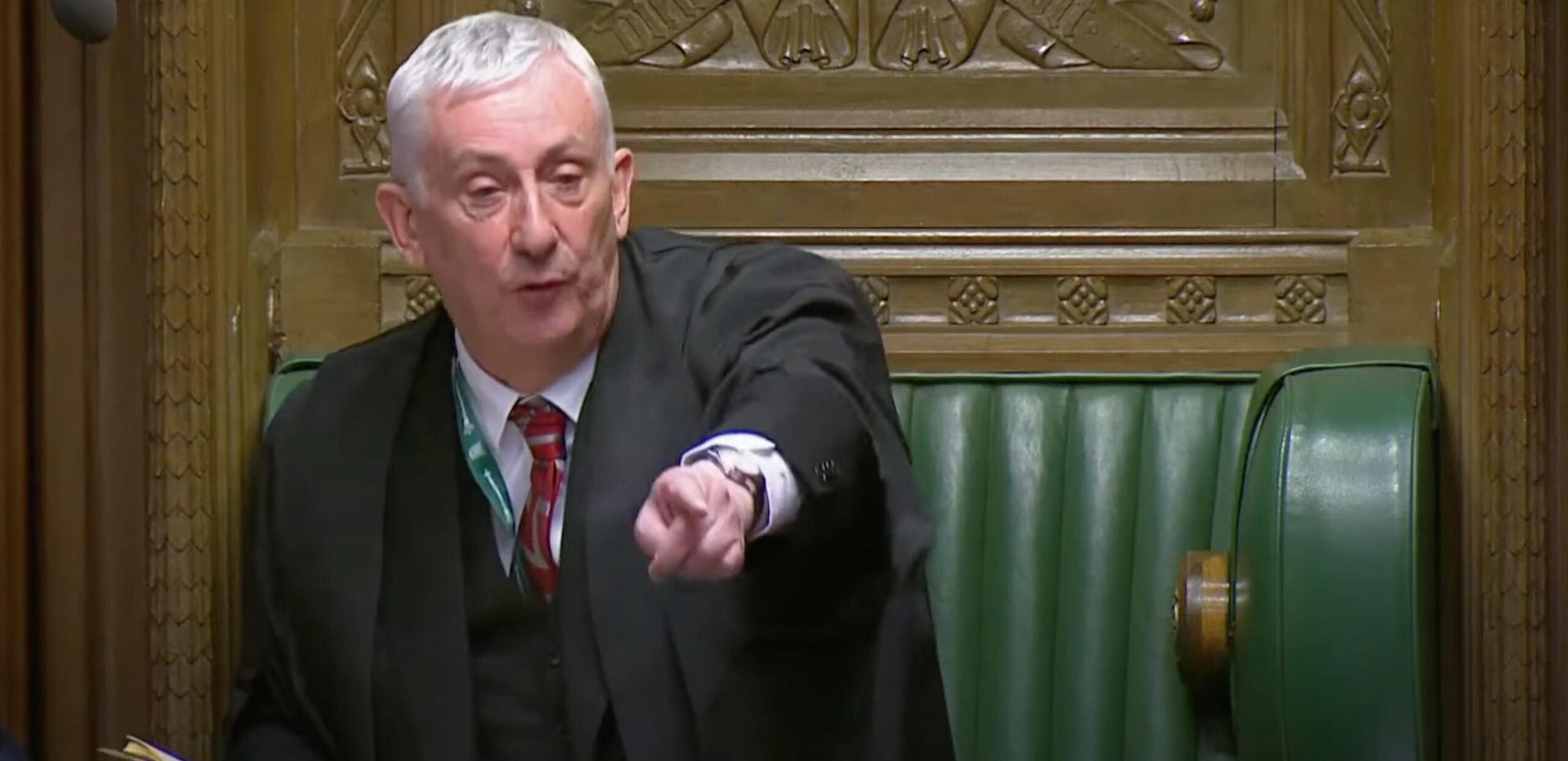When looking at last night’s chaotic scenes in the House of Commons, straightforward reporting doesn’t do the situation justice. The fact that the Labour Party won a vote on its motion calling for a ceasefire in Gaza tells us very little. The real story lies in the chaos.
So what does this strange evening tell us about the nature of power within the Labour Party and British politics? For one thing, it reveals the extent to which the job of speaker has been undermined by the tragic ego of John Bercow. Lindsay Hoyle’s authority in the chair now looks shot and British politics is the worse for it.
But even this isn’t the most important lesson. The fact that the Tories, Labour and the SNP were prepared to raise the stakes over such a parliamentary triviality as a motion with zero real world effect (Benjamin Netanyahu was hardly waiting with baited breath on the result) only shows how precarious each political party now feels.
For a start, it is clear that Keir Starmer has now spent far more of his authority defending Israel than he should have at this point of the electoral cycle, and is skating too close to the edge for a man 20 points ahead in the polls.
As I wrote last week, all the recent by-elections and opinion polls now point to a Labour landslide of 1997 proportions. Yet Tony Blair did not face the kind of sustained challenges to his authority which Starmer has over Gaza. When Israel eventually launches its ground offensive in Rafah, Starmer may have very little choice but to abandon any remaining nuance to shift Labour’s position once again.
The uncomfortable reality for Starmer is that he is now chasing events, not so much leading his party as trying to hold a retreating line for as long as possible. This is a significant problem for him ahead of the by-election in Rochdale, which may well be won by George Galloway, but it is also a significant problem in the longer term as he is forced to manage Britain’s foreign policy with a party increasingly hostile to what that means.
Meanwhile, the fact that the Tories are so angry with Hoyle and are prepared to throw this previously well-regarded speaker to the wolves as a result only reveals how desperate their situation now is. How on earth did British politics get itself into such a lather about such an arcane issue of process? Because the Tories and SNP smelt an opportunity to damage a party they have concluded is on course to defeat them at the next election.
The most interesting questions, though, are the deeper trends at play here. Ahead of the vote I spoke to Richard Tice, the Reform UK party leader, who believed Galloway would not only do very well in the upcoming by-election but lead a slate of MPs into the next election on the issue of Israel’s war against Hamas. His own party’s candidate in Rochdale is the former Labour MP Simon Danczuk, a sign of Reform’s strategy to attract the kind of voters Nigel Farage once successfully wooed at Ukip.
None of these events is likely to affect the result of the next election unless the conflict in Gaza morphs into a war of an altogether different nature, transforming public opinion at home. Yet we may still be seeing the beginning of a new era in politics, with sustained challenges to the Left of the Labour Party as well as the Right of the Conservatives, fought out in a Parliament without a speaker ever likely to be able to assert the authority of an independent referee. The long-term impact of Starmer’s struggles to maintain party discipline over Gaza may be more profound than they look today. Do not write off George Galloway.











Join the discussion
Join like minded readers that support our journalism by becoming a paid subscriber
To join the discussion in the comments, become a paid subscriber.
Join like minded readers that support our journalism, read unlimited articles and enjoy other subscriber-only benefits.
Subscribe